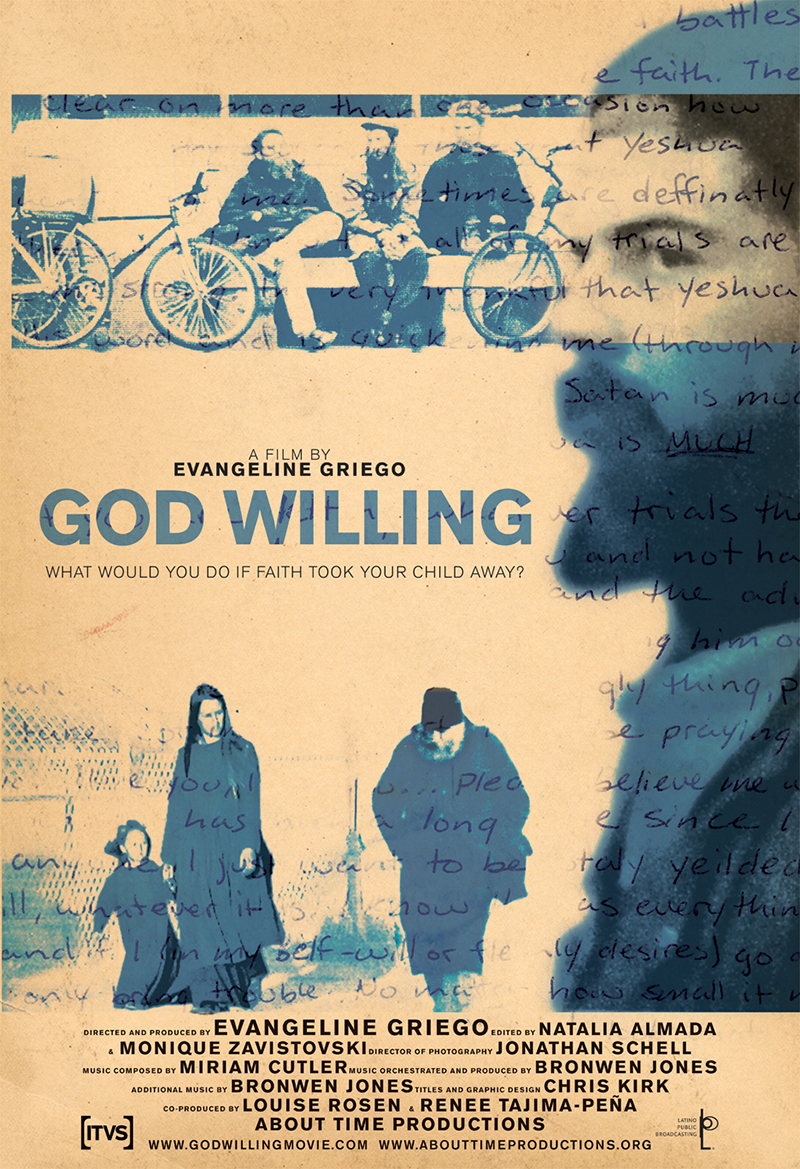
The film examines the modern-day phenomenon of religious “intentional communities,” or as they are often called, “cults.” It takes as its focus “The Church,” also known as “The Brotherhood,” the 35-year-old ministry of shadowy messianic figure Jim Roberts. Since 1971, this secretive organization has recruited (hundreds) of adherents who live together in austere, separatist, communal groups, preaching salvation and damnation, and turning their backs on the outside world except when proselytizing for new members. They observe strict ascetic values and rigid standards of dress, presentation and gendered behavior, and live off of discarded food and other refuse. And they mutually reinforce the belief systems that brought them into the fold, including a focus on the narrow path to salvation, and obedience to the will of spiritual leader Roberts. The film examines this microcosmic society, and by implication, the “cult” phenomenon itself, with a rare insider’s view. Featuring interviews with former group members, it implicitly reveals the sorts of stresses and spiritual longings that make outwardly average young people “ripe for the picking” by opportunistic outsiders. It also reveals the anguish of parents and loved ones left stunned and confused by the defection of their children and siblings, some of whom have been members of the Church for decades. We are present as parents groups, utter strangers brought together by a shared trauma, map the movements of the group from town to town, and compare notes about the lives their children lead, and about their own feelings of helplessness and despair. The film also brings us along as certain family members set out to find their loved ones through detective work and determination, leading to surprise confrontations and just as often to the group’s immediate flight to new, secret quarters. In this way, the film traces the tenuous balance that families must strike between attempting to rescue their loved ones, with the psychological, emotional and tactical impediments that so often get in the way of reconciliation. The experience of the families, so close and yet so far, is poignantly and powerfully evoked by extensive surveillance footage and photography, showing Brothers and Sisters in their daily comings-and-goings, moving through the everyday world without seeming to be involved in it. Rare, candid footage of one parents’ successful but brief rendezvous with her daughter, provides searingly painful evidence of the seeming hopelessness many of these bewildered families feel. Testimonials from ex-group members detail the tortuous processes by which some adherents regain their psychological independence, only then to have to face the world again, with all its strains – but sometimes, with greater strength than before.
A project done for director Evangeline Griego.